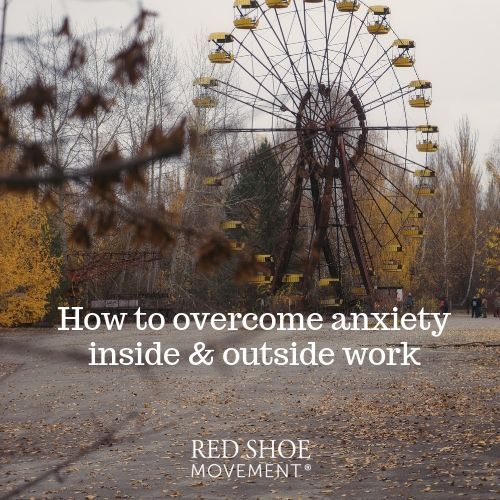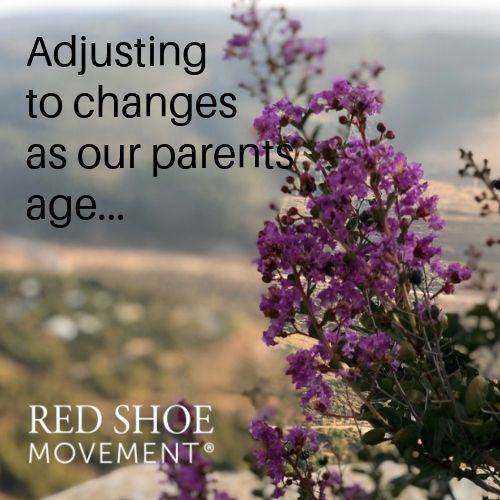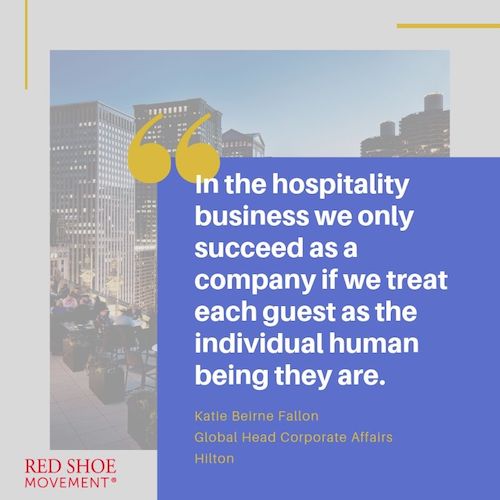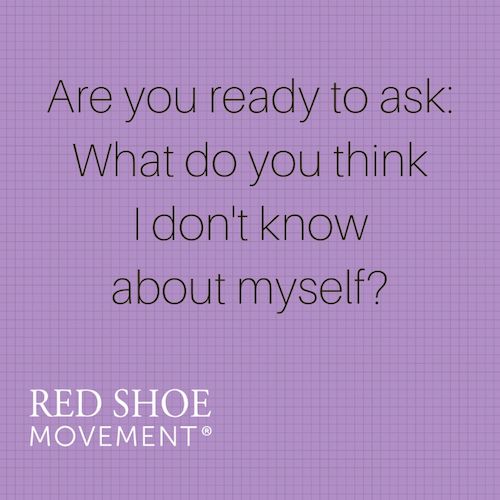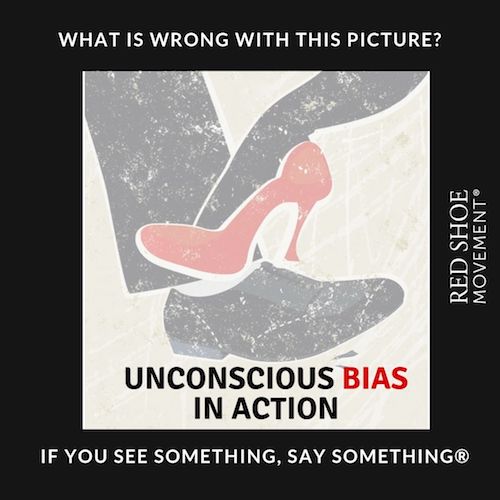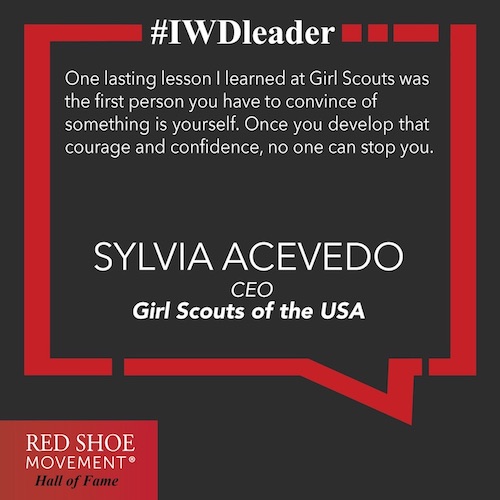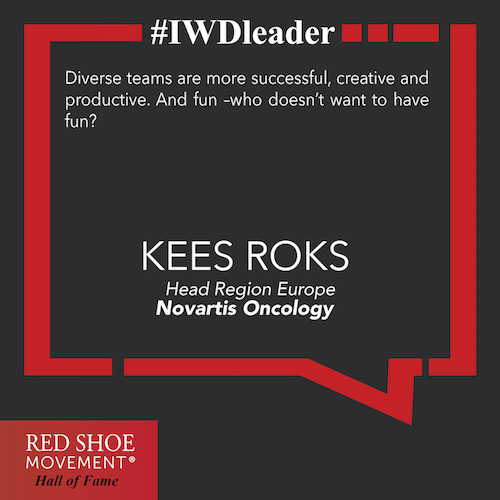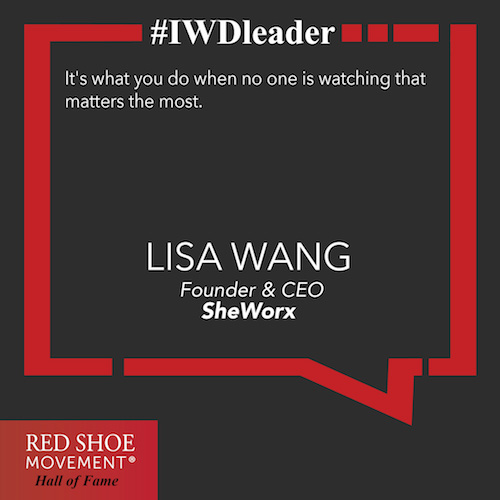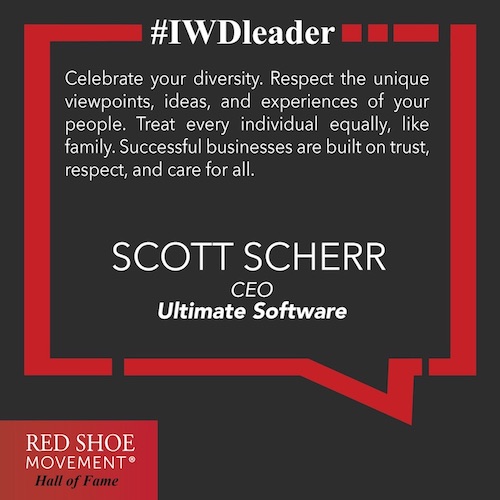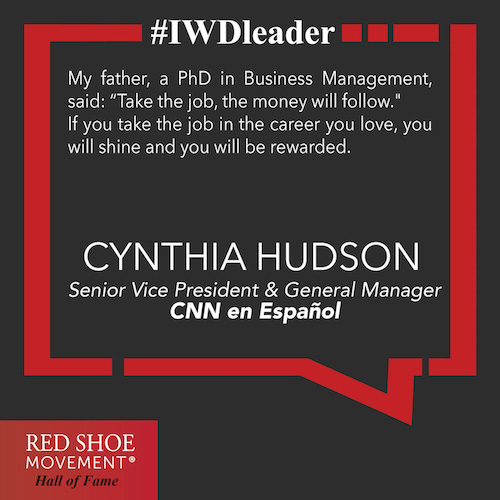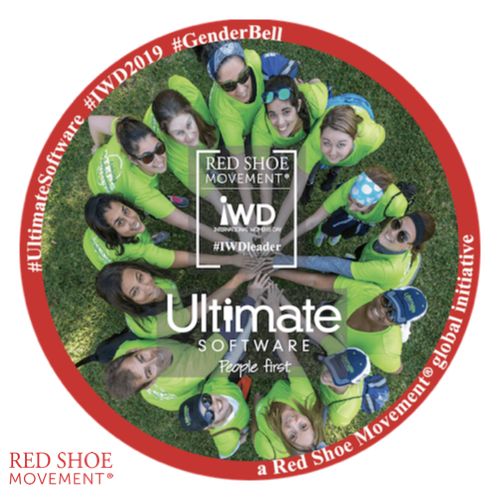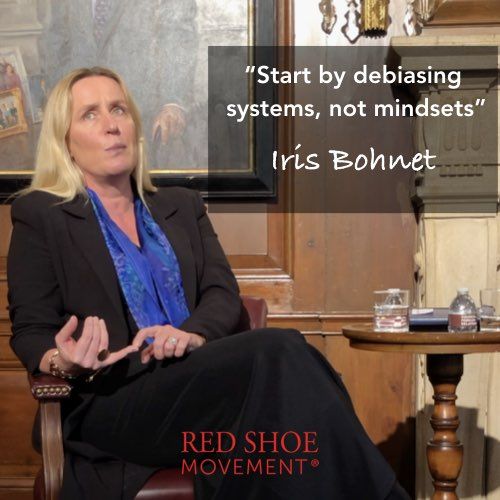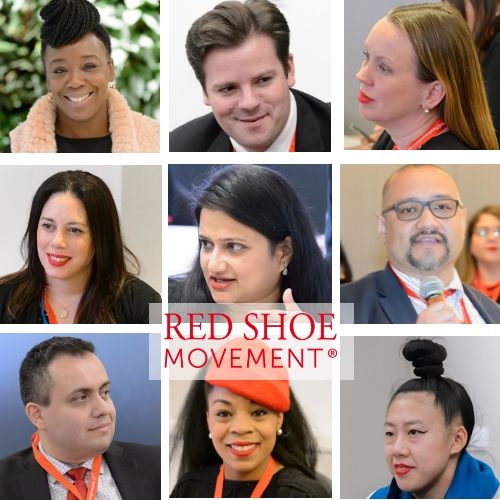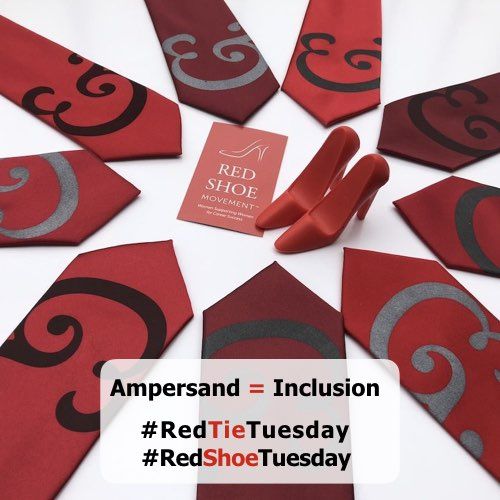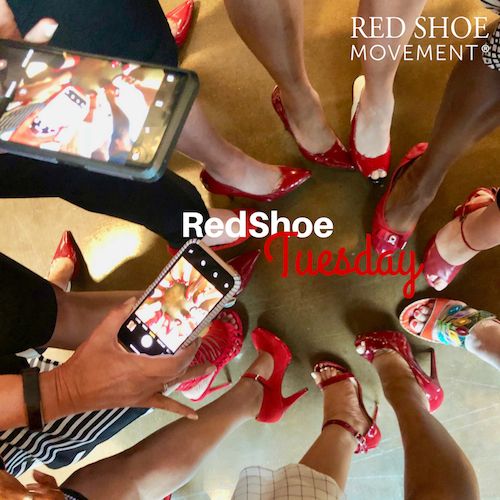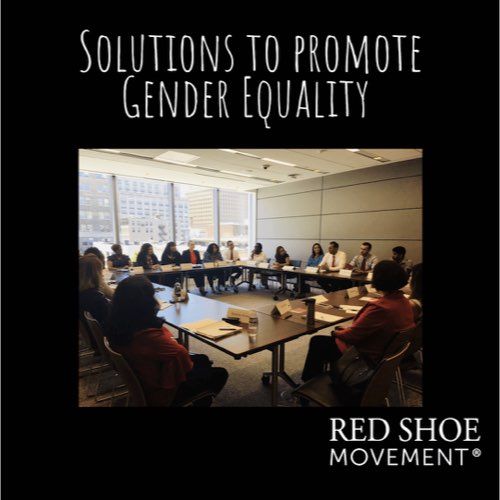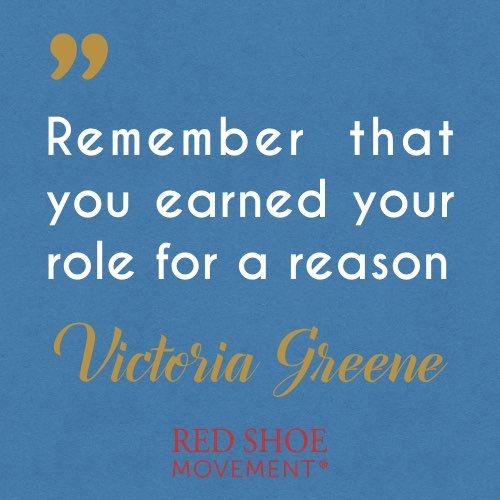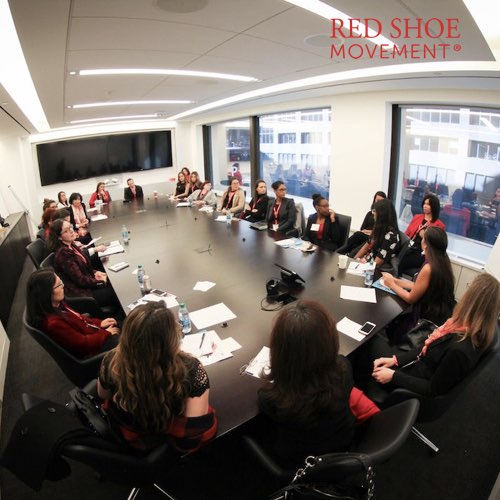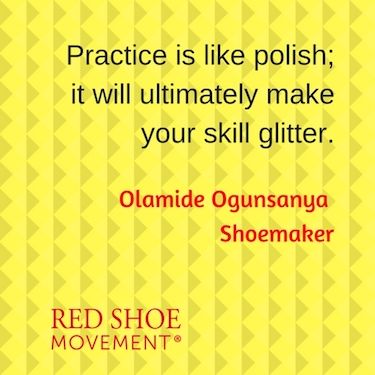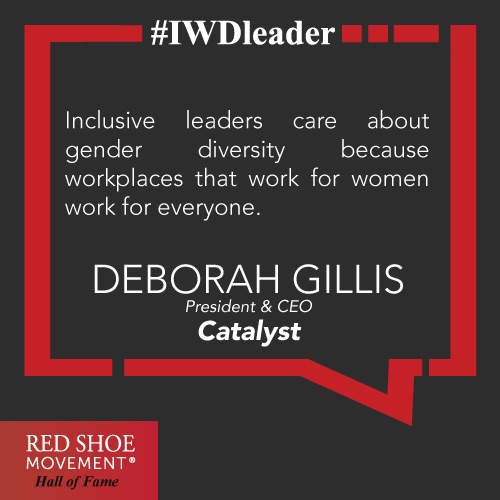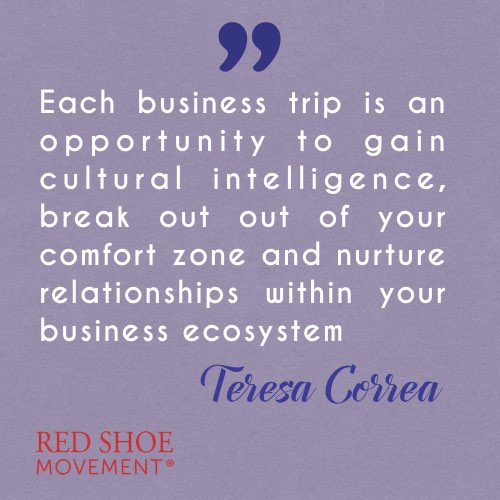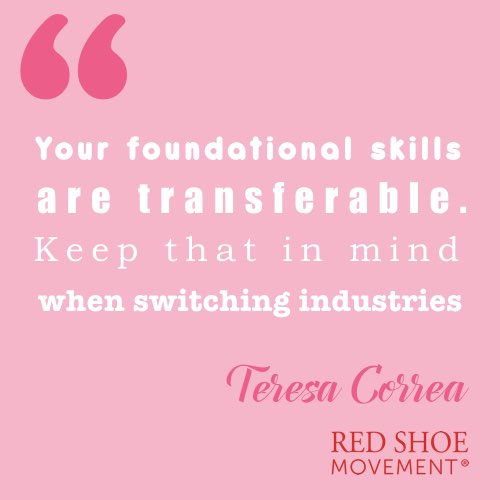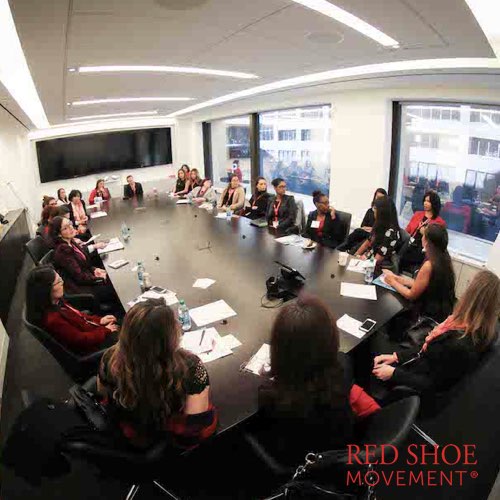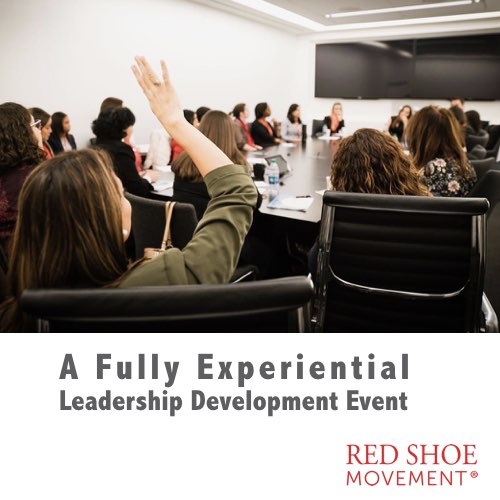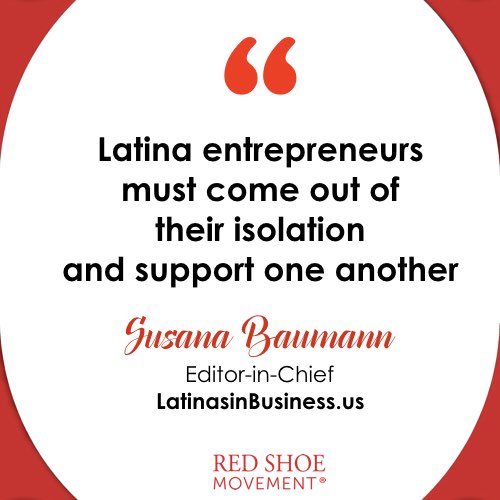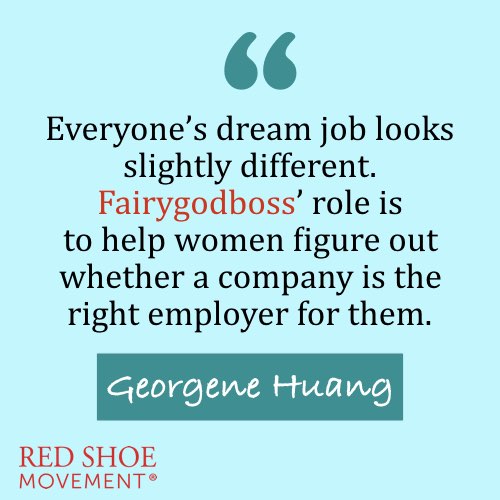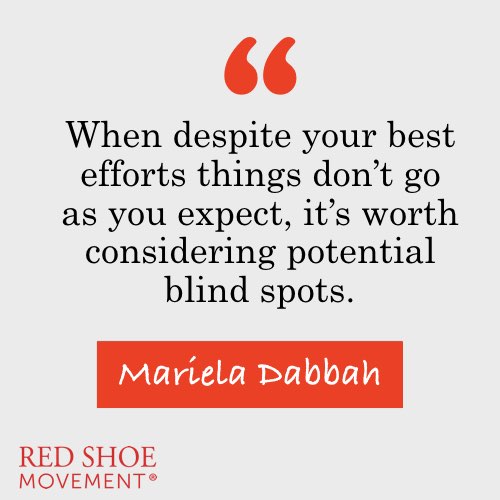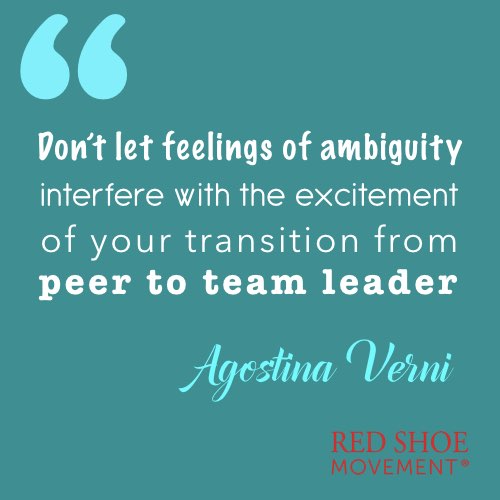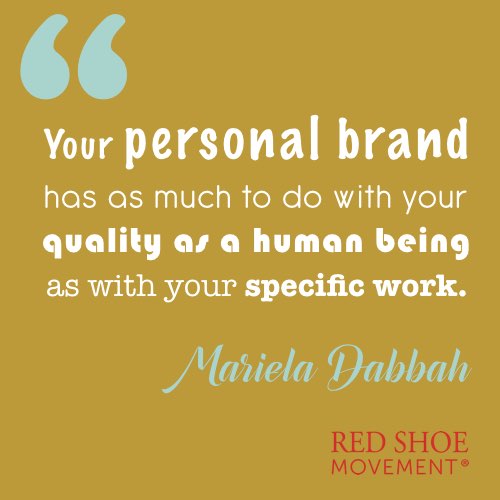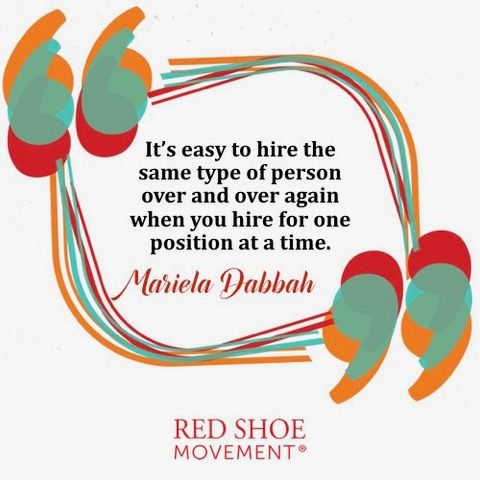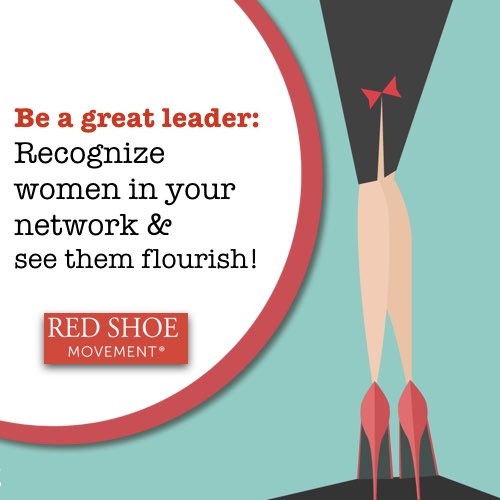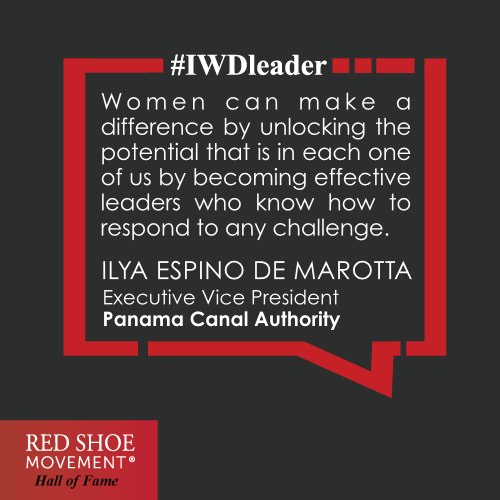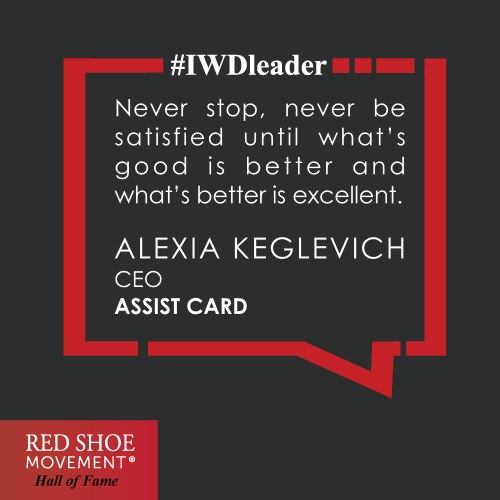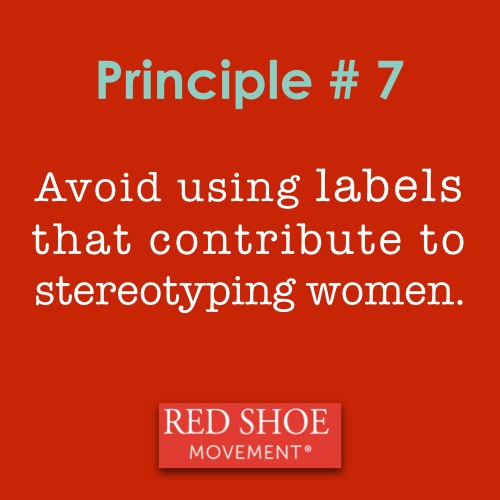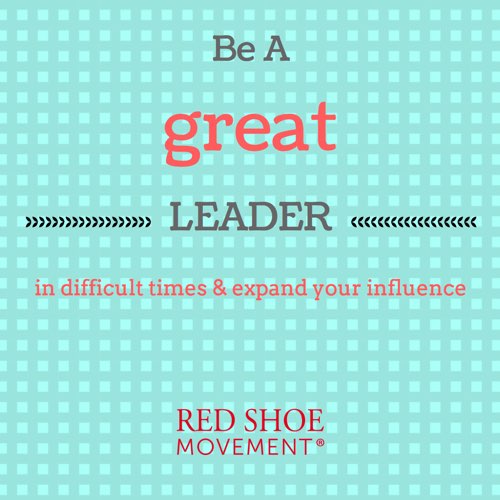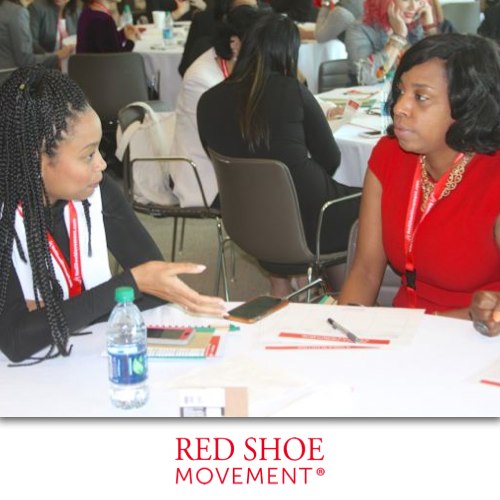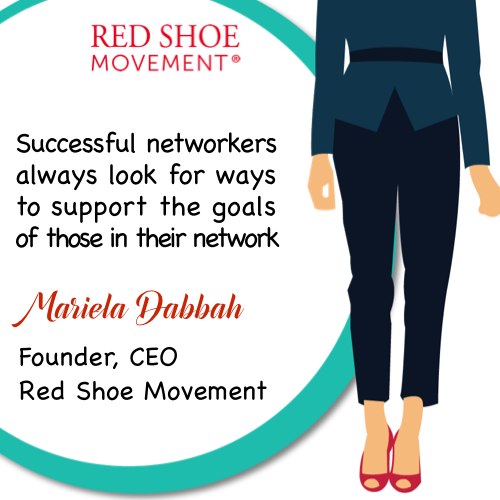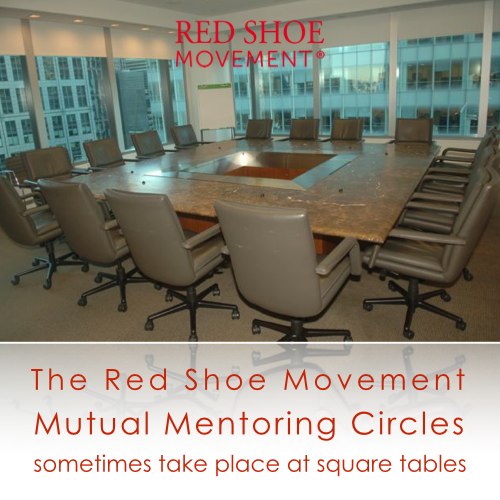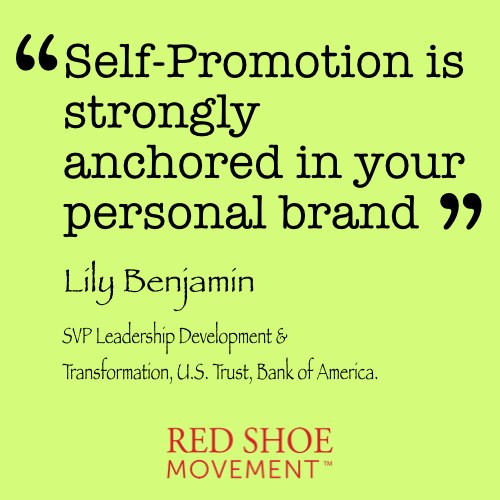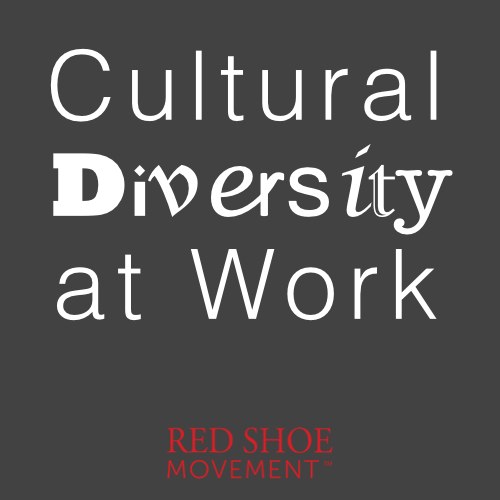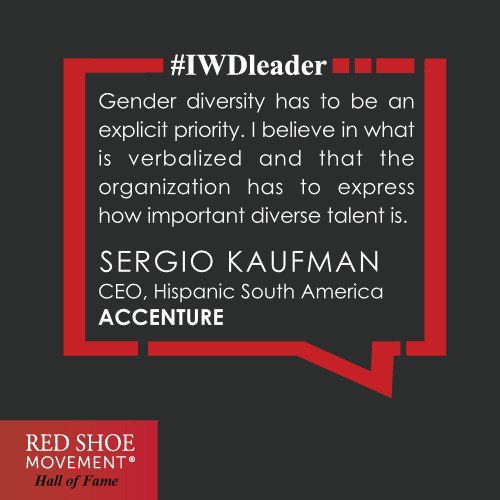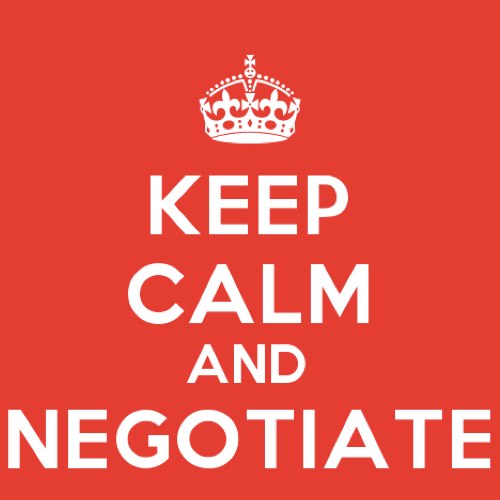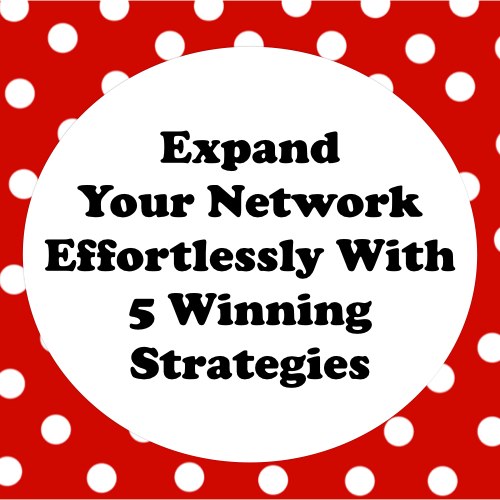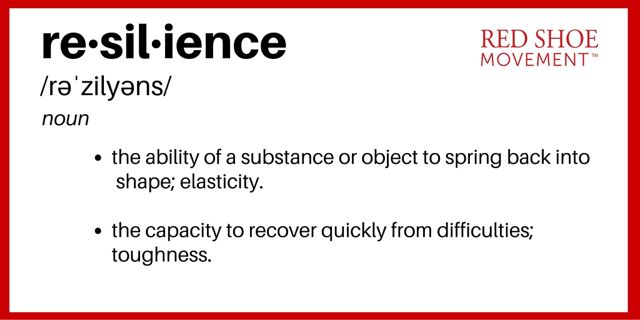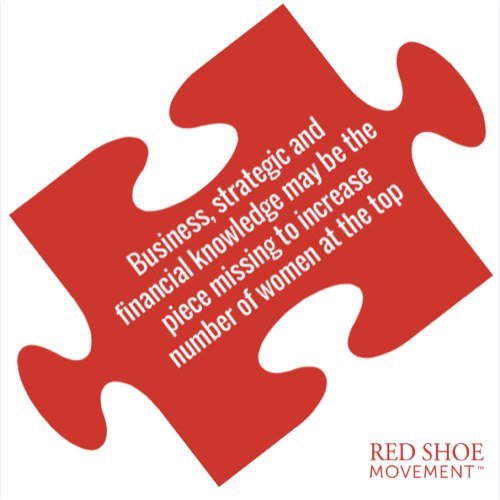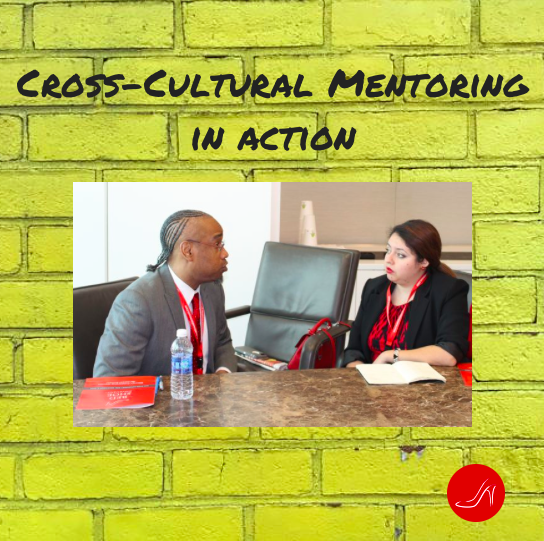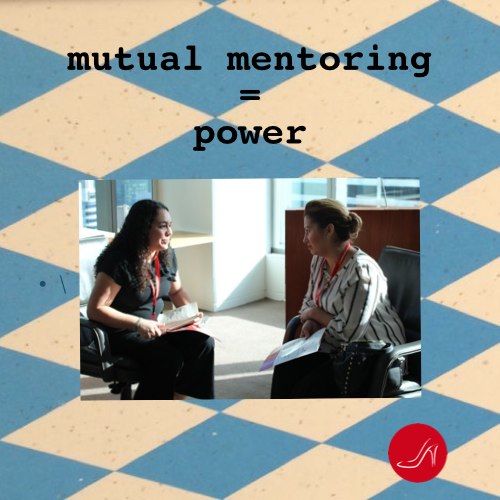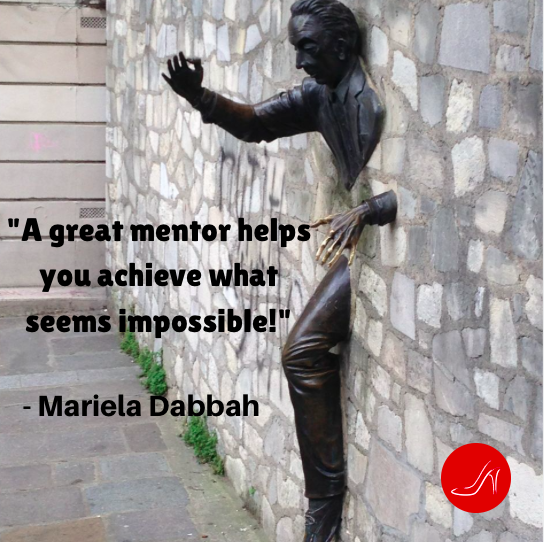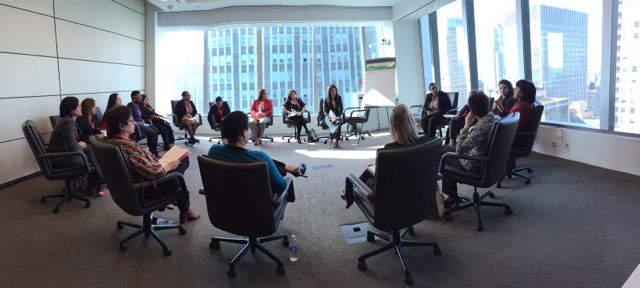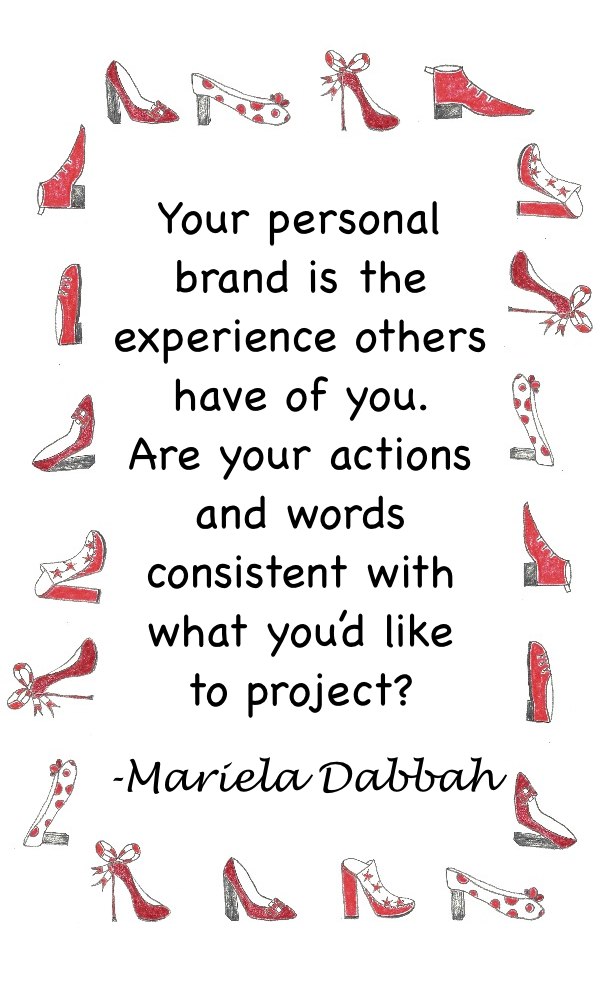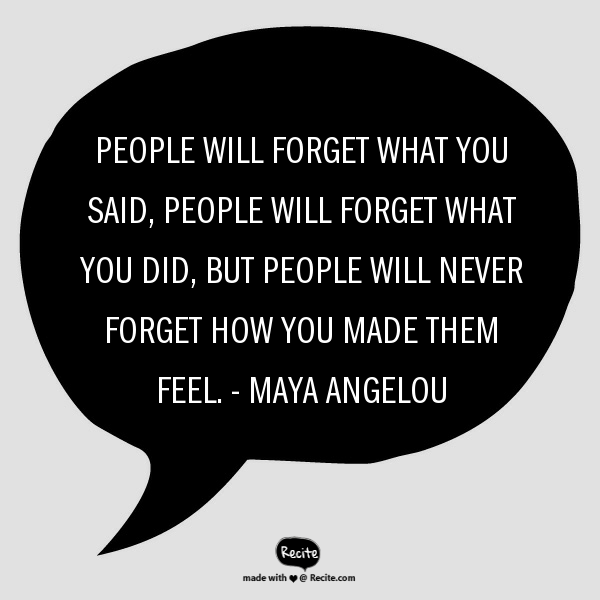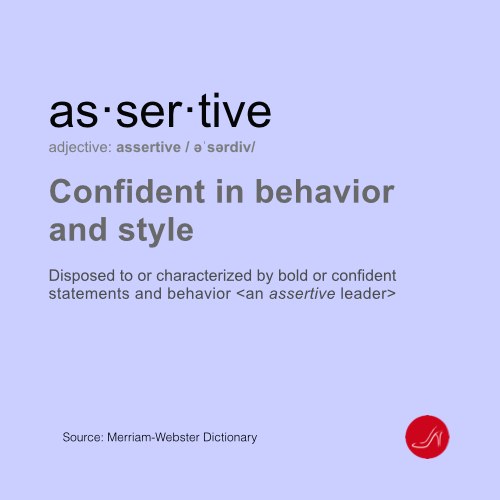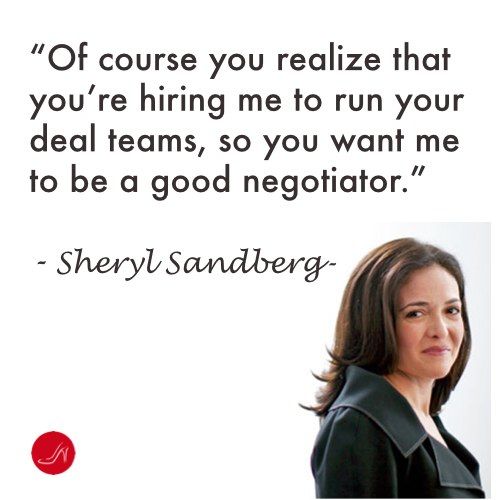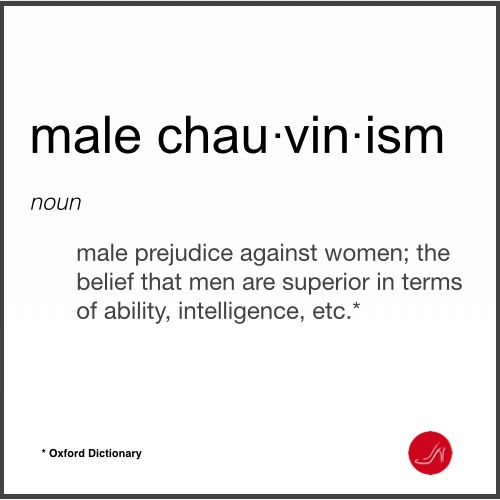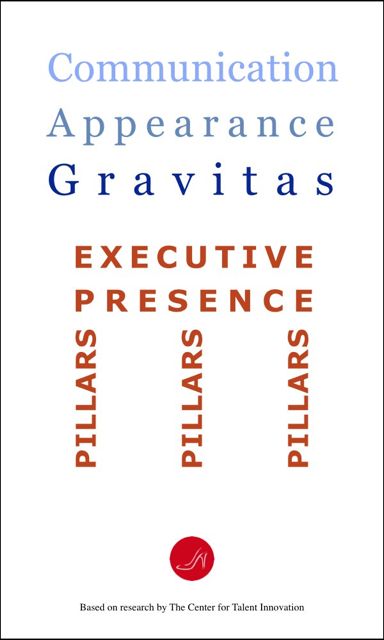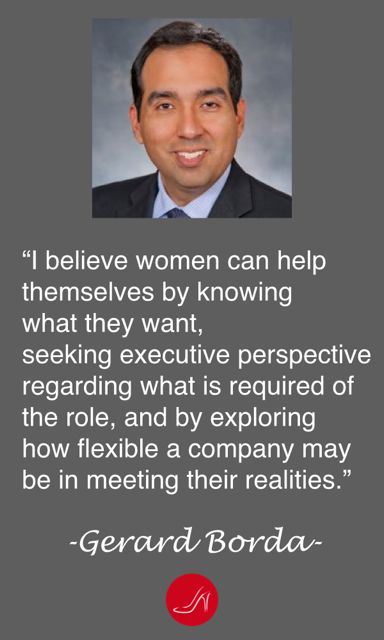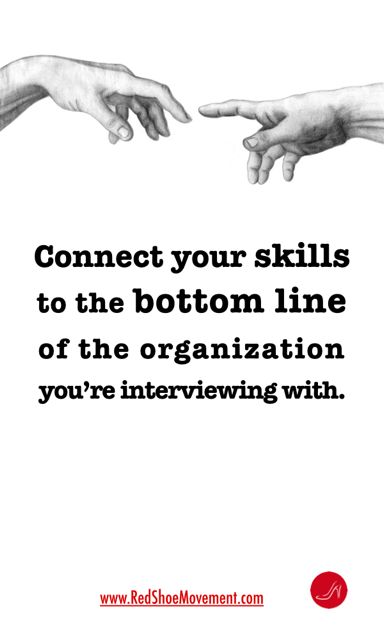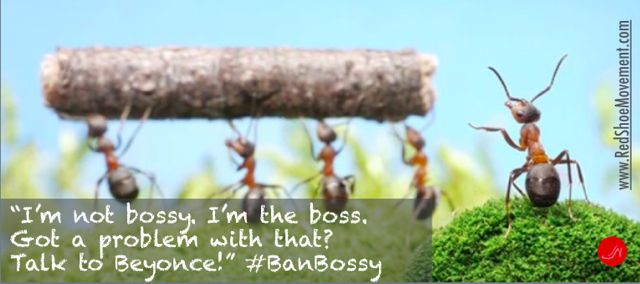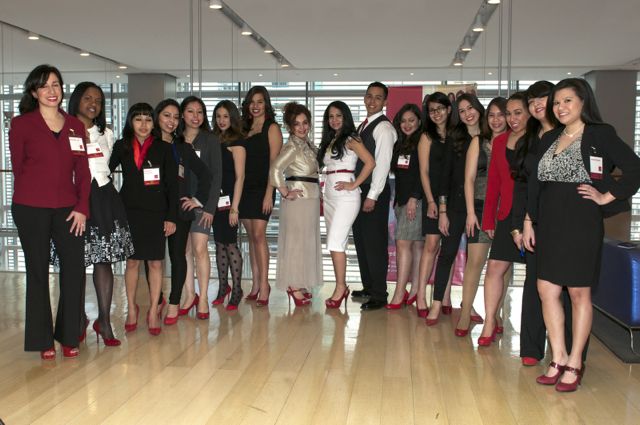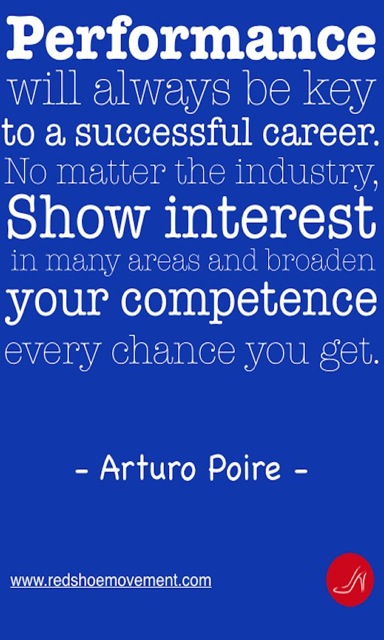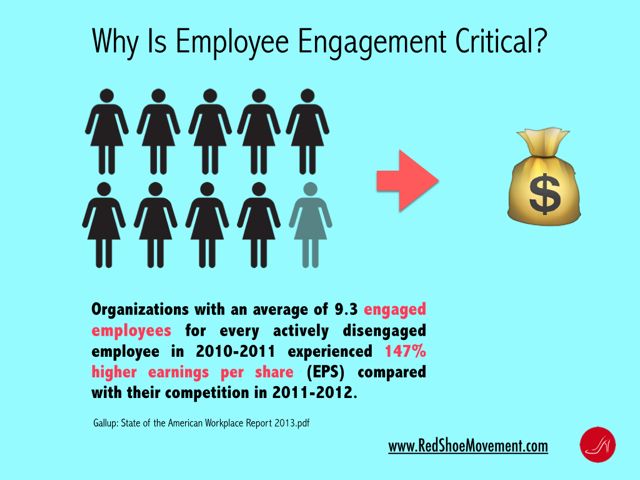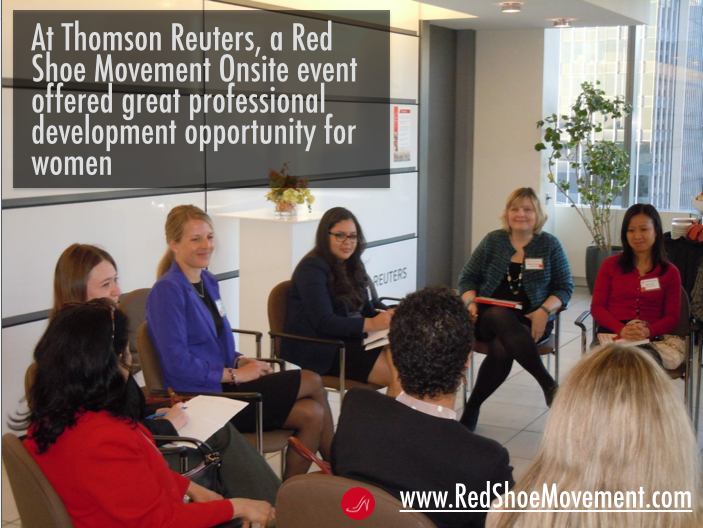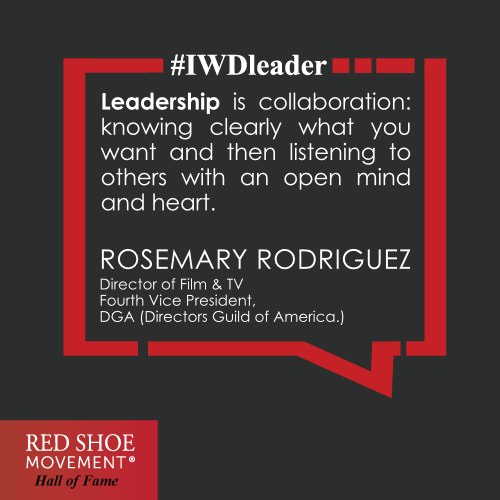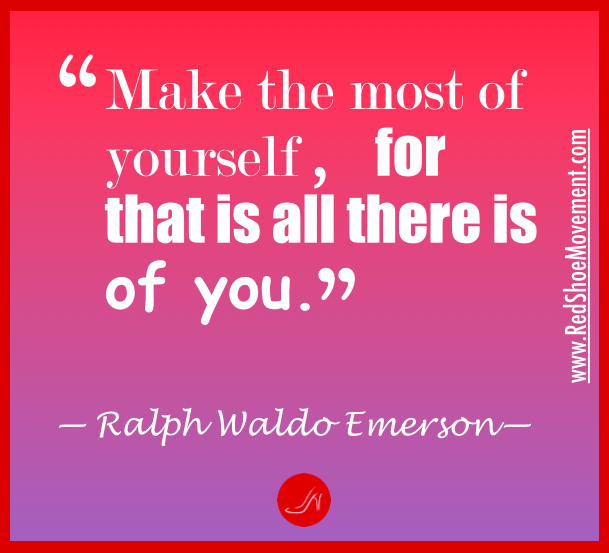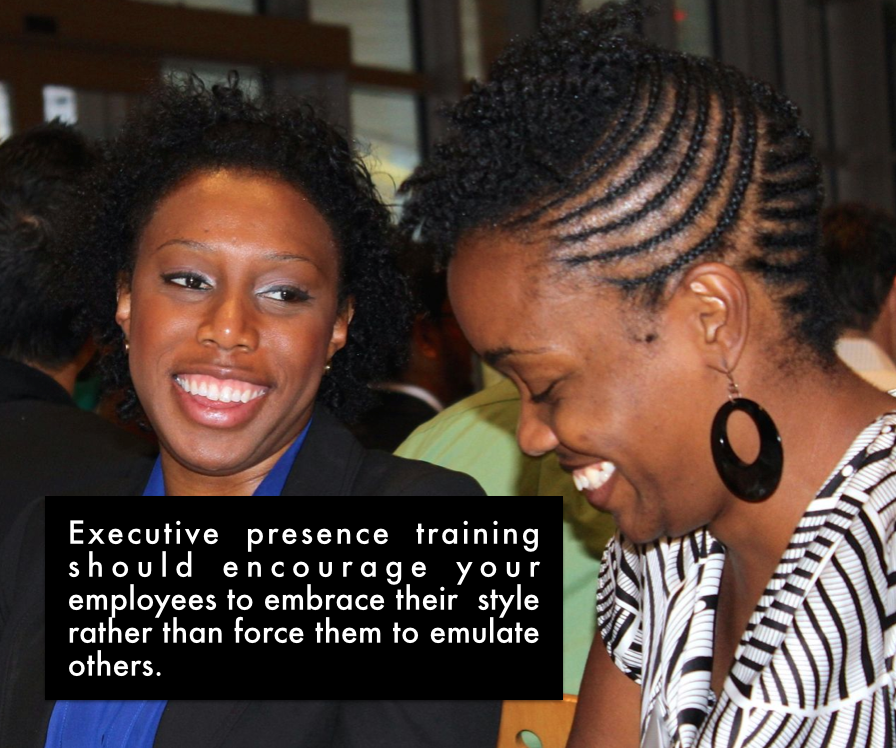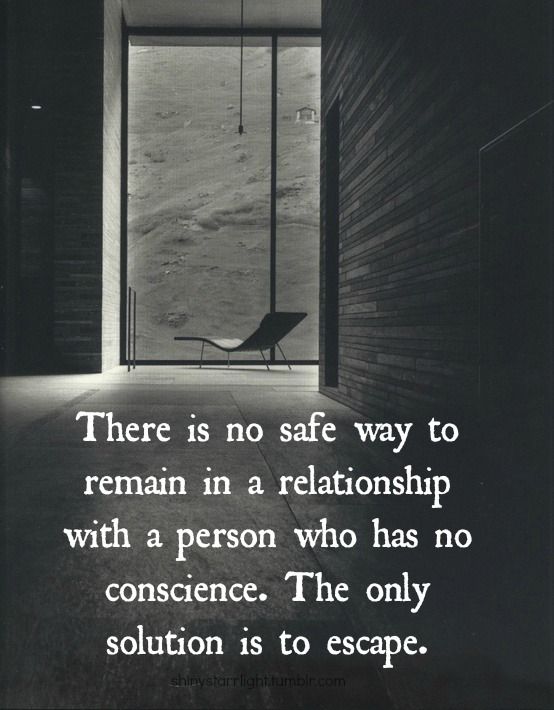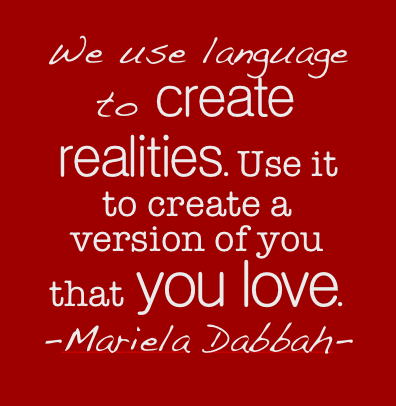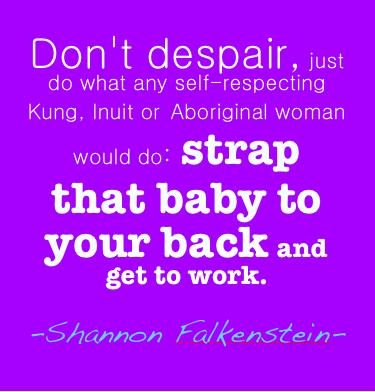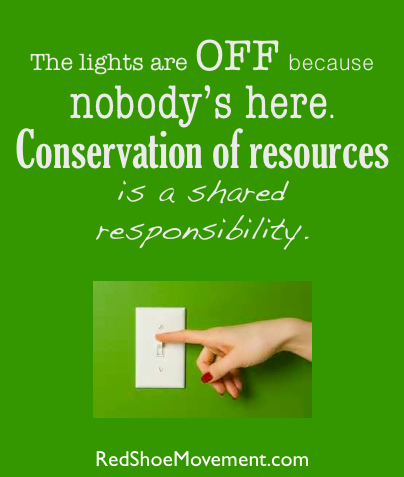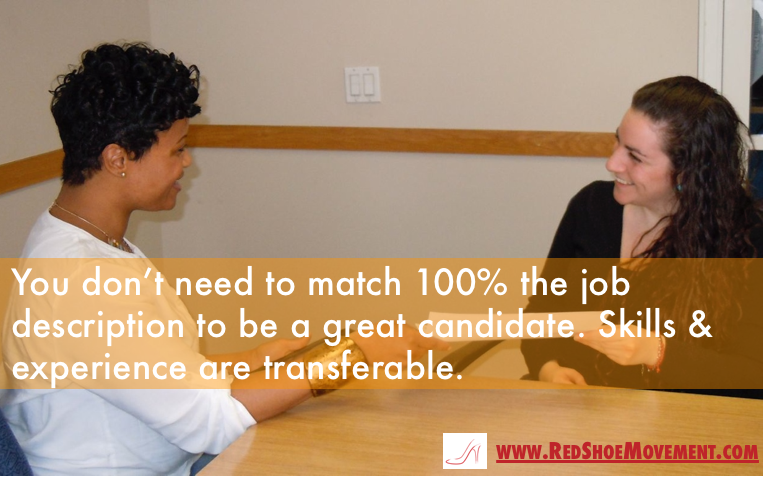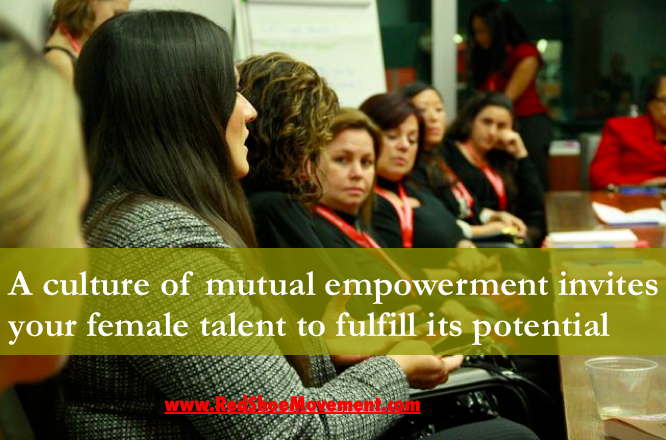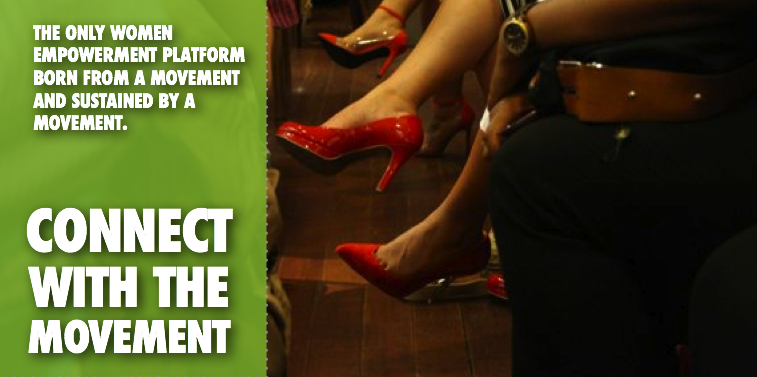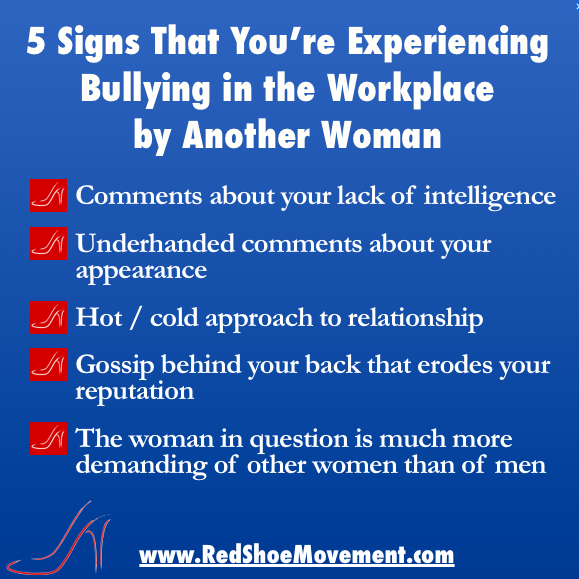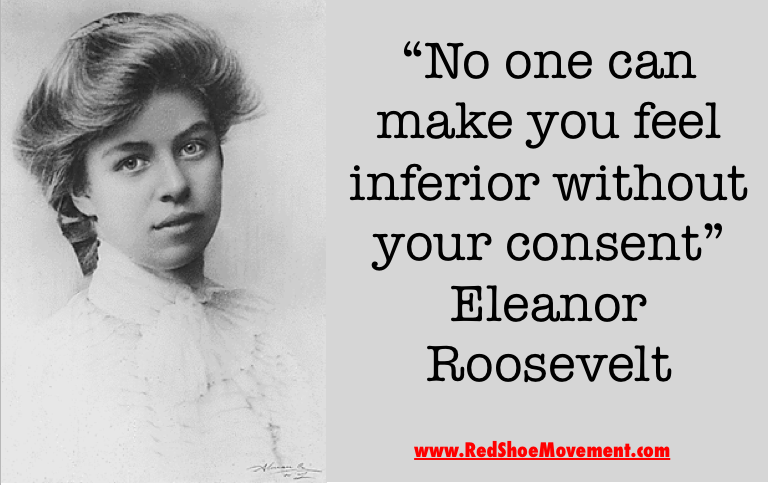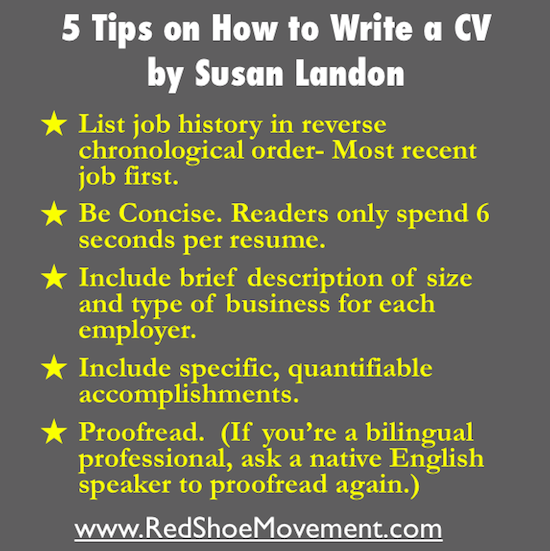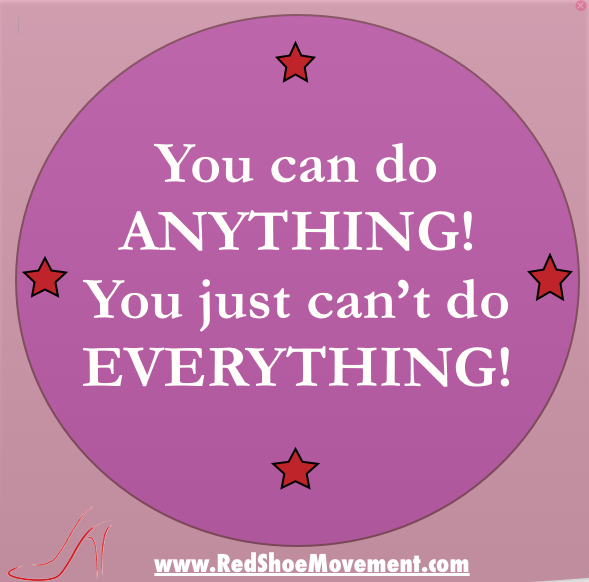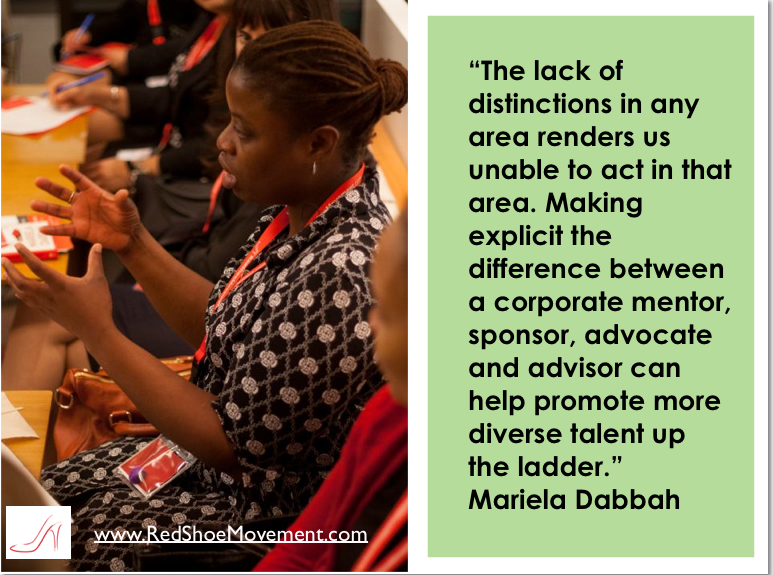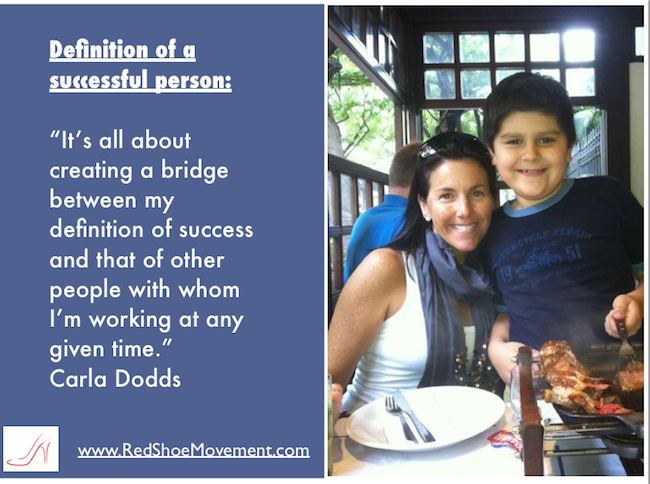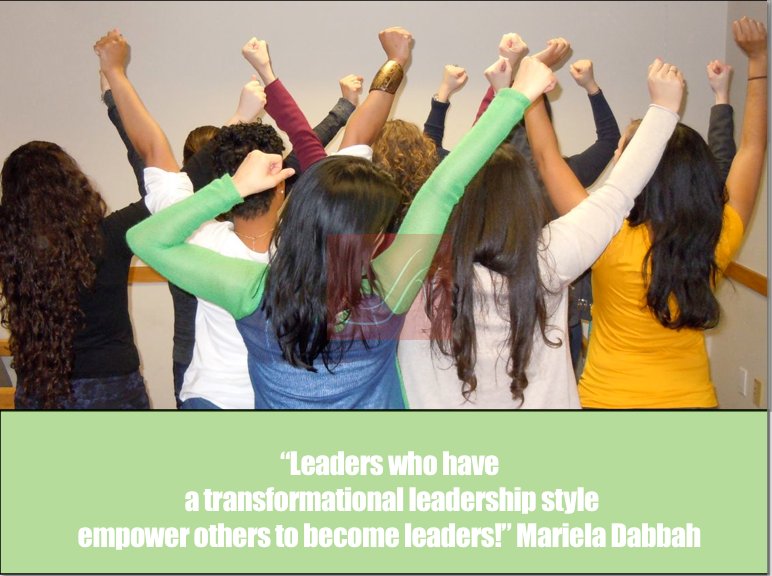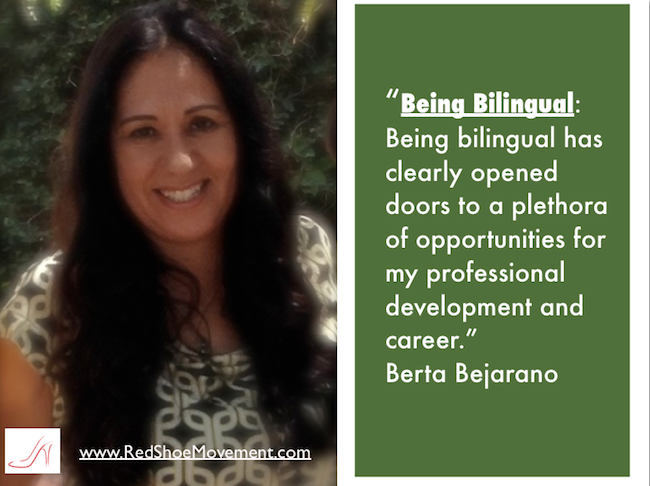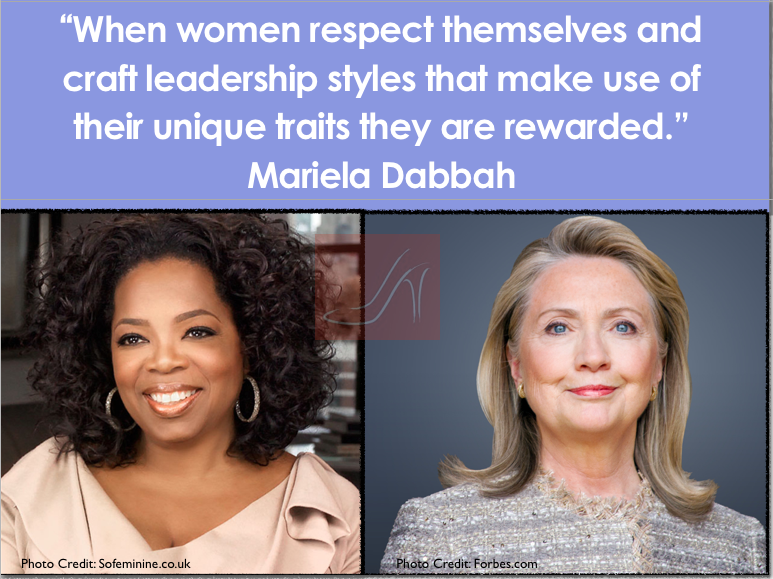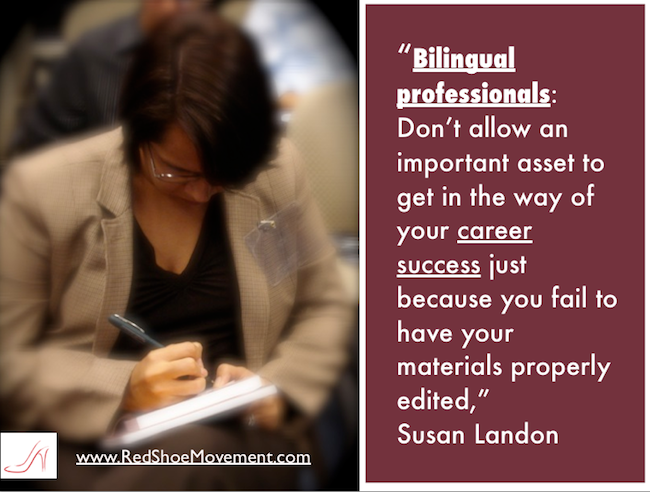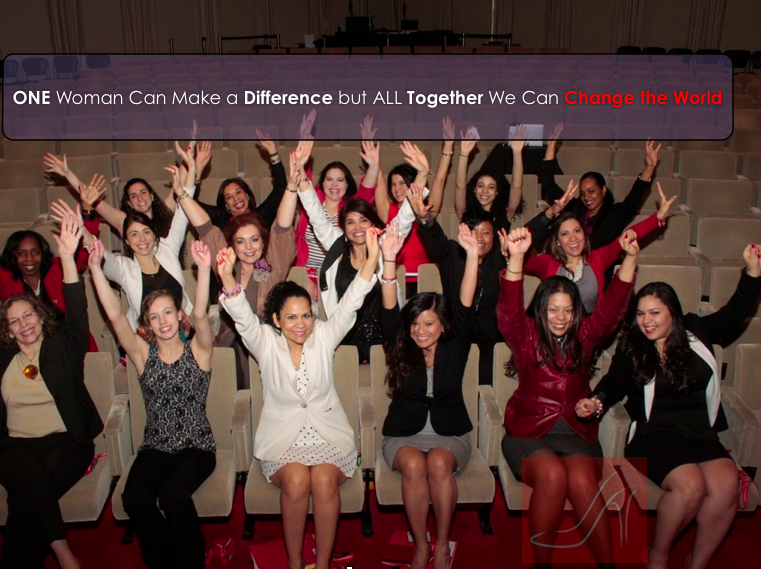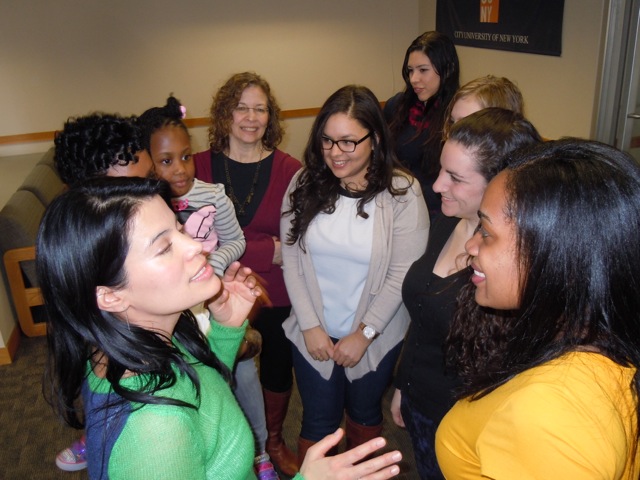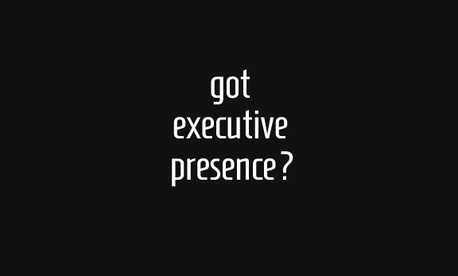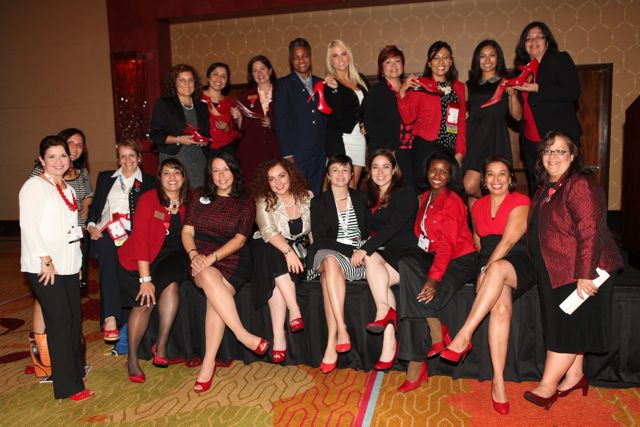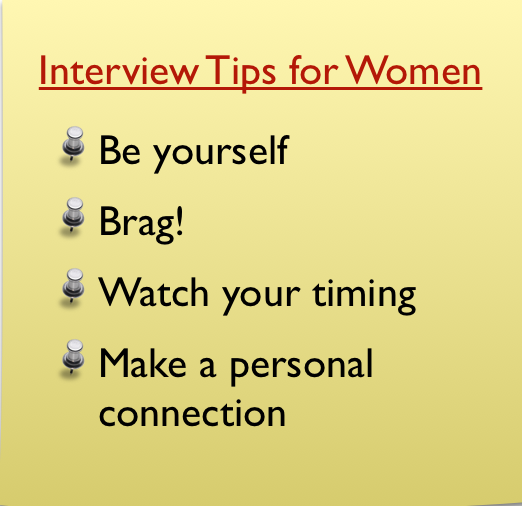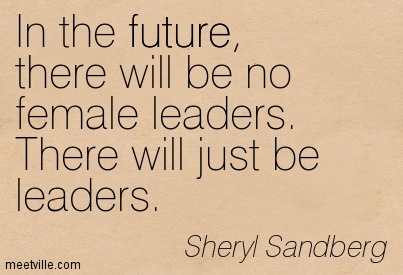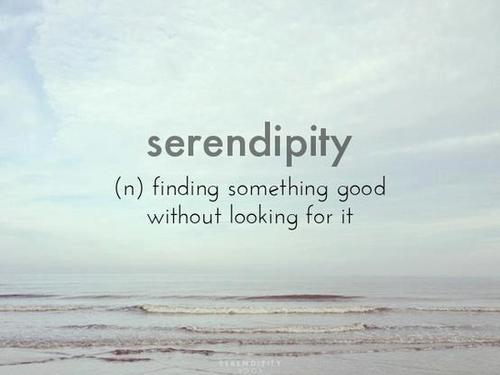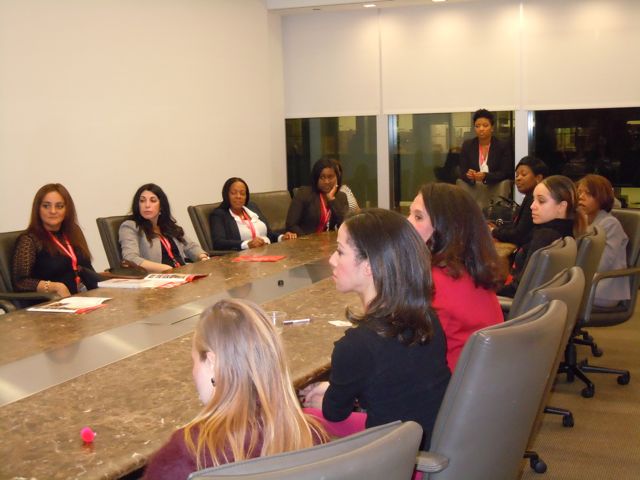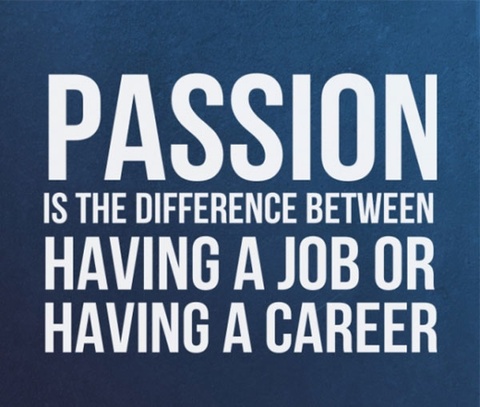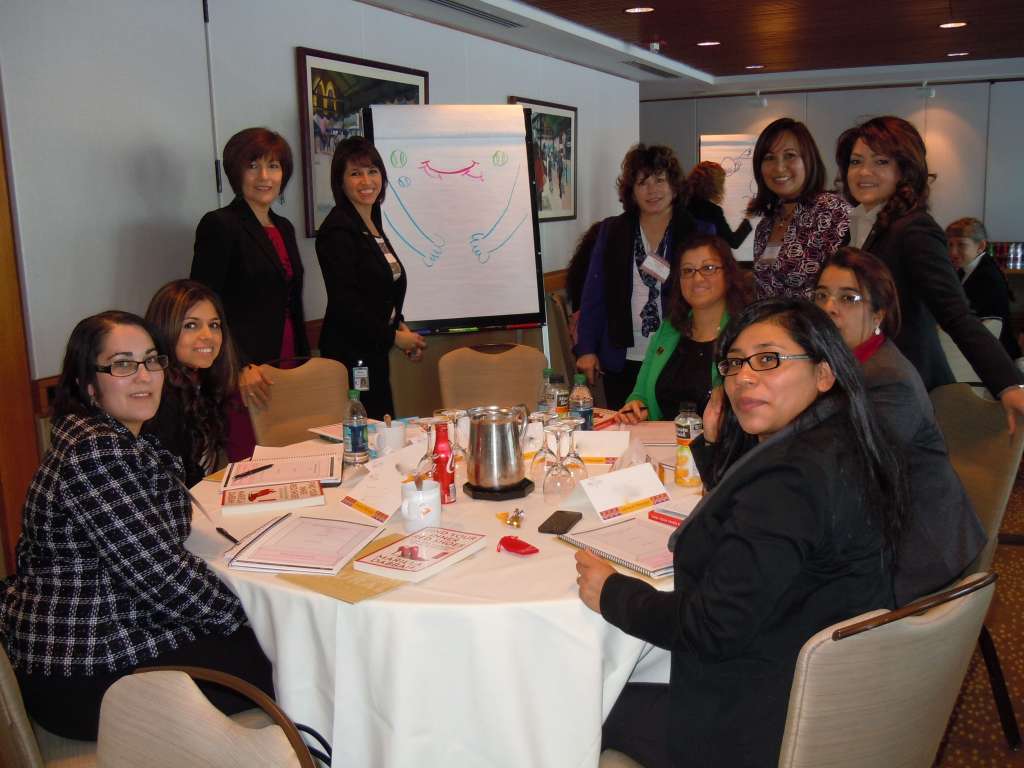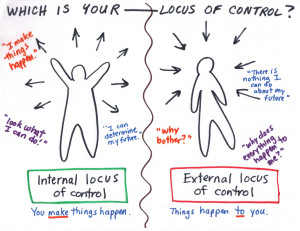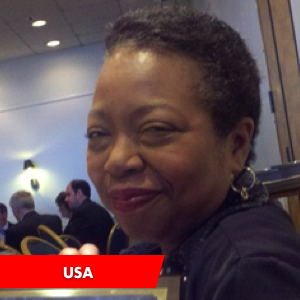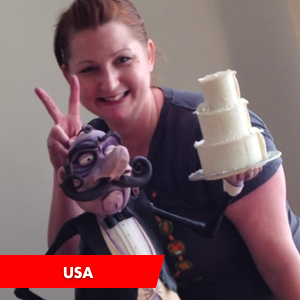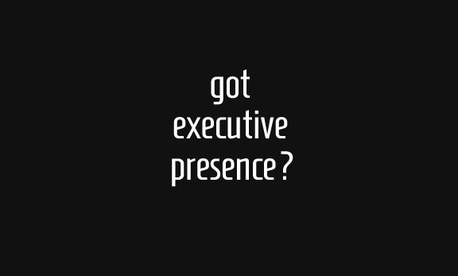Most everyone knows the power of building and maintaining a network for your career. Today we focus on going beyond networking to build alliances. The most effective way to grow professionally.
The meaning of going beyond networking
For starters, and as a matter of course, for me networking is never about going out there to collect business cards. It should be seamlessly integrated into your daily life and not be a separate activity that you do when you need a job. Going on a conference spree so that you can meet as many people in as short a period of time as possible is never the way to go. Not only it’s unlikely to produce the results you seek, but it can become frustrating as few leads will turn out to be true leads.
People can tell when you’re under pressure or desperate to get a job. It is the worst position to be in whenever you need something. So, when I suggest that you think beyond networking, I mean that you 1) Turn networking into a lifestyle 2) Start building alliances rather than collecting business cards.
Networking for shy professionals

Beyond Networking = Long Term
To identify current or potential allies and conscientiously develop a relationship with them you must have a long-term mindset. A mentality that sees every potential ally as someone who will be in your life for a very long time and who is worth investing in. And just as you would invest in a friend by learning about their life, their goals, their likes and dislikes, their skills, knowledge, experience and by spending time with them, you should invest time in your allies. This has been true throughout my life and career and the only reason why I’ve been able to flourish in my space. Not only Rome wasn’t built in a day. Nobody builds Rome alone.
What is an ally?
Before we go any further, let’s agree on our definition of an ally. In the context of this post, an ally is someone who can help you excel in your career and fulfill your goals. Someone who has your back and your best interests in mind.
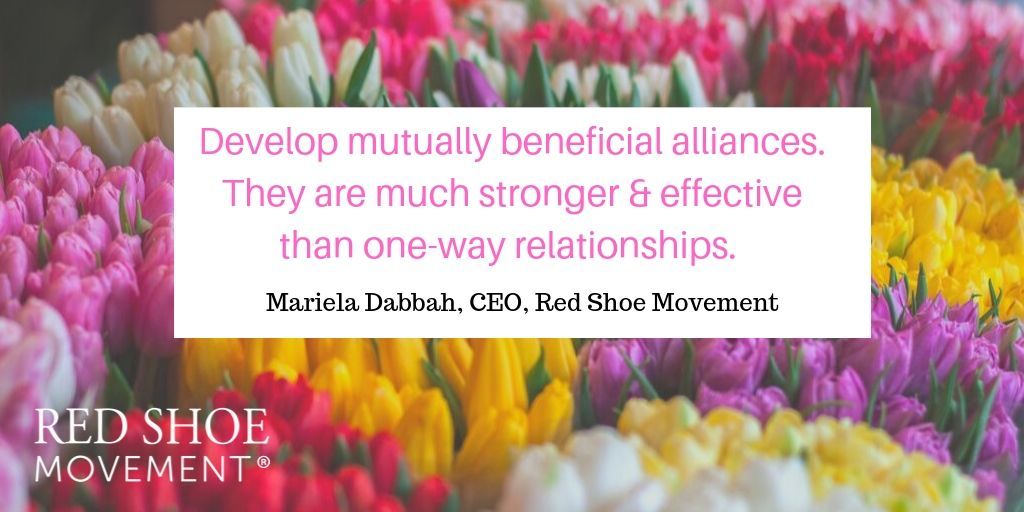
Develop mutually beneficial alliances
Because one of the Red Shoe Movement’s methodology pillars is Mutual Mentoring, I encourage you to develop mutually beneficial alliances. In other words, identify people who can support your career growth and whose career you can support. This win-win situation is much more natural than a one-way street relationship where you expect someone to support you without reciprocating. It potentiates each party by helping both of you flourish in the organization. It’s also a contagious phenomenon. Once your colleagues see the results you get from your partnership, they’ll want to emulate you. This in turn is likely to attract more allies to you while it reinforces your leadership brand.
Who could be potential allies?
Anyone in your ecosystem is an ally candidate. Here’s a list to make it perfectly clear:
- Colleagues who are part of your team
- Bosses
- Administrative & support staff
- Members of various executive committees
- Members of Business Resource Groups
- Senior Management
- Your friends & family
- Vendors
- Customers & corporate clients
- Members of Professional Associations to which you belong or that your company supports
- Members of Trade Associations
As you see, there’s no shortage of potential allies with whom to develop a strong, mutually beneficial alliance. Going beyond networking means, however, that you shouldn’t just know their names but that you get to know them well. Because time is a limited resource, it behooves you to be selective and strategic.
Networking for people who hate networking

How do you build an alliance?
First you must comb through your network to identify who’s already in it and with whom you may want to deepen the current relationship. Second, you must look at the above list of potential allies and decide where there may be opportunities to connect with certain individuals with whom to establish new relationships. Once these two first steps are taken care of, you can get down to the business of building an alliance.
1Be relentlessly generous
This is a basic principle for going beyond networking. If you want to build a strong foundation for your relationships, begin by thinking of ways in which you can help the other person. What can you offer them that might be beneficial? Time? Resources? Information? A helping hand in a project for which they have a tight deadline? Connections? By keeping a generous mindset, you’ll show your potential allies that you honestly care about them and their goals. This leads to trust and likely, to a desire to reciprocate. But keep in mind that to build a true alliance, generosity can’t be a one-time occurrence and it can’t be something you do with an agenda. Be relentlessly generous and your alliance will build over time.
2Include your allies in key decisions
It’s easier to get people’s support when they feel they are part of a decision you’re making. Or when you consult them about a project so that you can make the right decision. So if you know you’ll need your allies to stand by your side, it’s a good idea to fill them in ahead of time. Blindsiding anyone makes it harder for them to support you even if they would have, had you told them about your plans.
3Offer recognition whenever you get a chance
One of the best ways to nurture your allies is by recognizing them publicly whenever appropriate. Many people take their allies for granted, making it look like everything they accomplished they’ve done on their own. How about the boss who provided air cover at every turn? Or the assistant who worked until the wee hours of the morning and weekends to get the reports ready for the presentation? Or the spouse who took over picking up the kids in school for a month so that the person could focus on the project? Nobody, nobody does everything on their own. Remember this and always offer credit when credit is due. It’s one of the most valuable and inexpensive ways to maintain strong ties to your allies.
4Don’t overdo it
As with any relationship respect your allies’ time and goodwill. Just as you wouldn’t ask of your best friend to pick up your dry cleaning every time you’re out of town, avoid abusing your allies. Don’t ask for support when you could do things on your own or when you could have someone else do something. For instance, if one of your allies is an executive who helps you get high level visibility, don’t ask them to be your reference every time you’re trying to get a stretch assignment. Measure how much you ask of each ally and always try to do for them more than they do for you, so they are always willing to do whatever it is you ask.
To have a robust and fulfilling career requires you to go way beyond networking. It entails an investment in the people who will invest in you. It won’t happen overnight but once it happens, wow. Will your career take off in the most amazing ways!

And as usual, if you’re looking to learn more about skills like building allies, come join our community!





















































































































